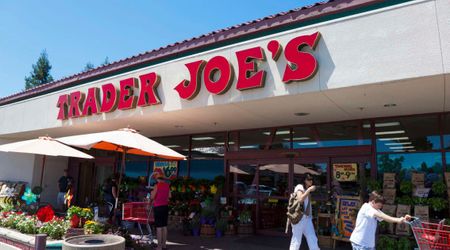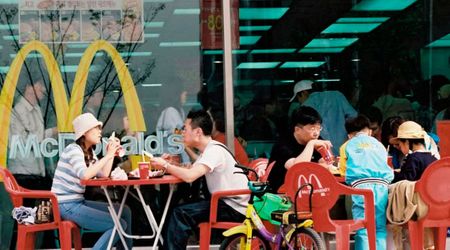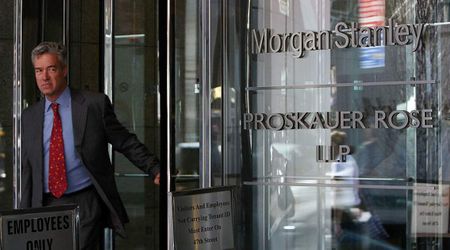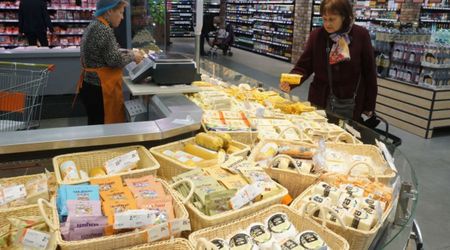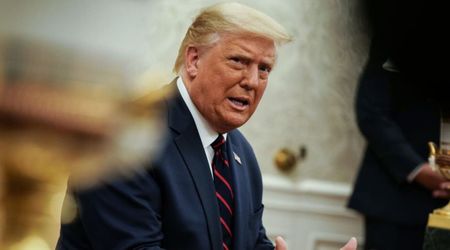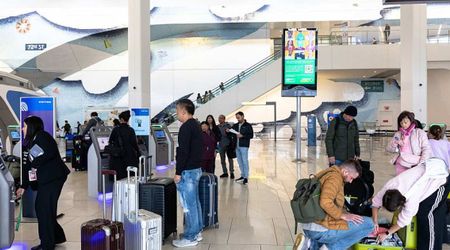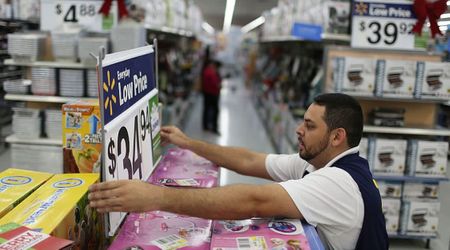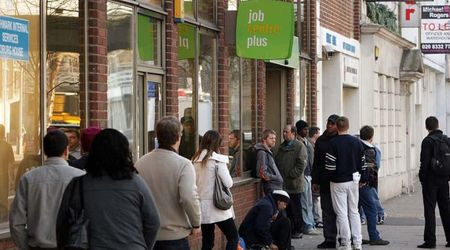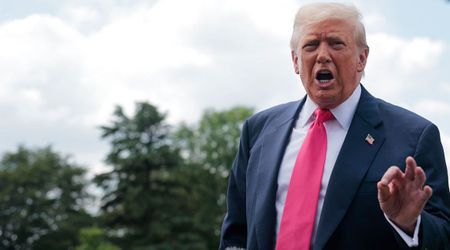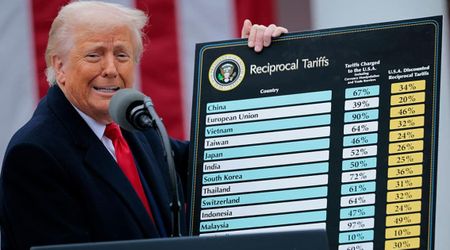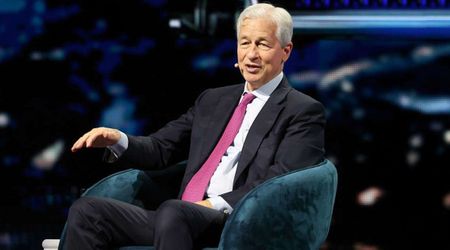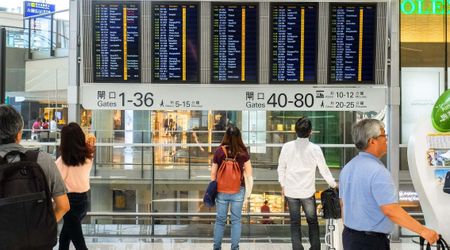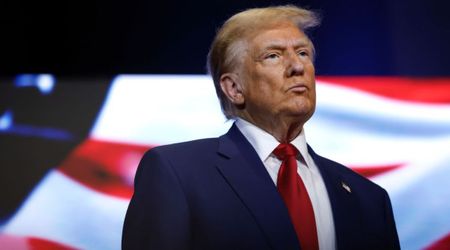A politician spent a whopping $1.1 million on his election campaign. He was the only one contesting.

From massive rallies to TV commercials and promotions on social media, election campaigns in this day and age cost a lot of money, and even billionaires are funding presidential candidates. At the same time, if a candidate has no opponent and needs to make zero effort to win, there isn't any need for an expensive campaign. But Hong Kong's Chief Executive John Lee felt differently when he ran for the post back in 2022 and raised a whopping $1.4 million in cash for his campaign, out of which he even spent $1.1 million. Along with his non-existent opponents, he also beat the U.S. sanctions imposed against him.

Here's What he Spent his Funds on
The former security chief, who is widely regarded as a hardliner and staunch Beijing loyalist, was the only person allowed by Beijing to run for the city’s top legislative post, as per Fortune. A special committee approved his candidature in a bid to ensure that only “patriots” take part in the city’s elections.
China's #HongKong SAR will hold its chief executive election on March 27, 2022, according to the HKSAR government. pic.twitter.com/bfEjXH8Dyk
— CGTN (@CGTNOfficial) October 22, 2021
Even though his victory was inevitable, Lee went on to raise HK$11.3 million ($1.4 million at the time) in donations from pro-Beijing businesses and communities, according to official filings, The Guardian reported. He then went on to spend $1.1 million on advertisements, gatherings, office rent, and transportation.
The bulk of the advertising costs were spent on social media promotions that included Facebook and Instagram posts, which often featured cartoons with quotes detailing his proposed policies with the tagline “Brother Chiu can help you”, referring to Lee’s Chinese name Lee Ka-Chiu.
Chief Executive #JohnLee unveils bold plans in his #2024PolicyAddress for consolidating and enhancing Hong Kong’s status as an international financial centre https://t.co/YixJNX7sT7
— Hong Kong SAR Government News (@newsgovhk) October 16, 2024
Running unopposed, Lee spent as much as six times more on social media compared to the previous chief executive Carrie Lam, who defeated two opponents in 2017.
The unused funds from Lee's campaign were donated to the local charity called the Community Chest of Hong Kong, according to the filing. While such expenses for a one-sided campaign did raise eyebrows, nothing illegal or fraudulent about it was reported. Under Hong Kong’s election laws at the time, the maximum that a chief executive candidate could spend on an election campaign was $17.6 million.

An Unusual Campaign
While spending so much while running unopposed is bizarre enough, what's more peculiar is that Lee did it while facing heavy U.S. sanctions. In 2020 the U.S. imposed sanctions on 11 Hong Kong and mainland Chinese officials, alleging that they "undermined" Hong Kong's autonomy. Since Lee was one of the sanctioned officials, he was prevented from having a bank account. Thus, Lee raised and spent the funds on his campaign in cold hard cash.
The U.S. has imposed sanctions against 11 Chinese officials for cracking down on political dissent in Hong Kong by arresting democracy advocates, silencing reporters, postponing Hong Kong’s Legislative Council elections, and disqualifying candidates. https://t.co/OSUacrlgU4
— US-Botschaft Berlin (@usbotschaft) August 19, 2020
“The fact that a candidate ran an election campaign, and took and spent money without banking services due to U.S. sanctions, is unheard of,” former lawmaker Kenneth Chan told Bloomberg.
Highlights of Hong Kong leader John Lee's third policy address https://t.co/MOFT6eorPL pic.twitter.com/eTX6DPBnUl
— Reuters (@Reuters) October 16, 2024
Lee continues to serve as Hong Kong's chief executive to date and he recently delivered his third annual policy address with pledges to reform security with a focus on livelihood issues. Lee has stated that his goal is to position the city as a global hub.
